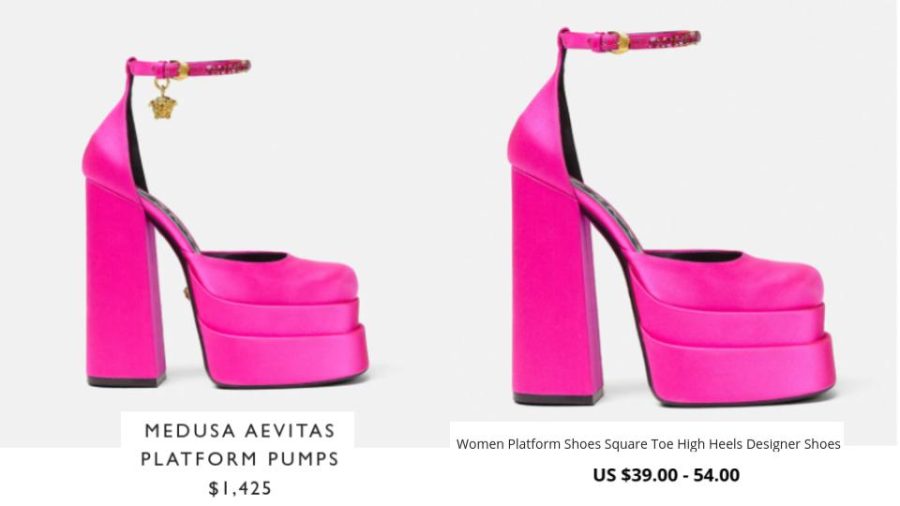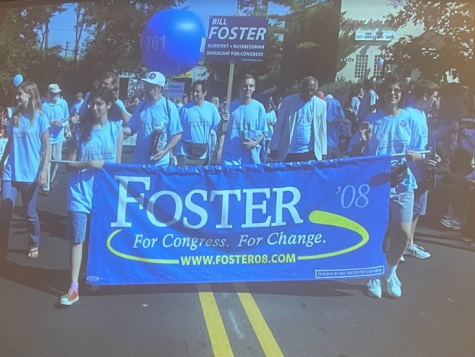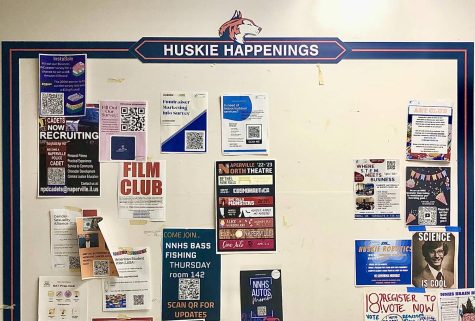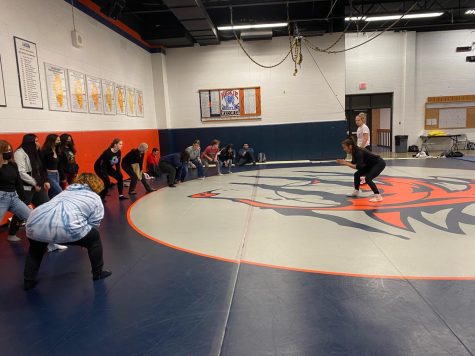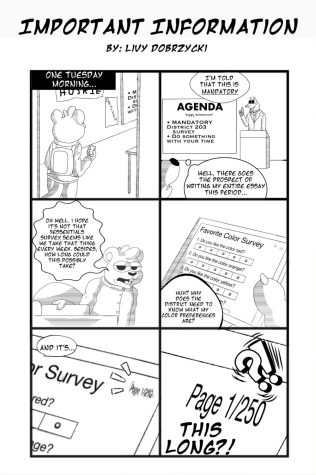Legal frauds: the “dupe” industry gains traction among teens
In the last year, Google searches for the word “dupe” have gone up by 26%. The dupe hashtag on TikTok has over a billion views. Dupes are the makeup and fashion copycats of high demand items the average consumer cannot get their hands on. These knock-offs have become increasingly popular, so much so that there have been over 3 million purchases each year. Teens binge TikTok hashtags to find videos that promote dupes of their favorite celebrity outfits and products.
The appeal of dupes comes not only from their lower prices, but also from their efficiency. When brands sell-out of popular items, people who are late to the trend are out of luck. Instead of waiting for the next restock, people are finding creative ways to get a similar product.
Generally, original creators are not protected because US copyright law designates fashion as a manufacturing industry rather than a creative one. This allows knock-offs to mimic name brands and not be legally prosecuted.
The lack of protection is a detriment to smaller designers, making them live in fear of more powerful brands taking their ideas with no permission or credit. John Park, a former designer for Polo Ralph Lauren and founder of his own menswear line, has faced struggles with this firsthand.
“Although most brands know not to take others’ work, some of these bigger fast fashion brands crave that consumers will unknowingly buy similar products for cheaper prices. It is very frustrating to pour hours of hard work into a project, only for it to be recreated poorly with no thought behind it,” Park said.
In reality, luxury name-brand clothing lines do not have to worry much about the financial consequences of knock-offs, due to the amount of money they already make. Jeremy Howard, sophomore and founder of Fashion Club at North, agrees that the smallest companies face the biggest challenges with dupes.
“I would say replicas/fakes can be harmful to the fashion industry when it comes to smaller designers,” Howard said. “When a design from them is replicated and sold, it can hurt them more financially due to their smaller scale compared to brands like Louis Vuitton and other name designer brands.”
Anna Bolla, a Naperville North junior, thinks that dupes are harmful for multiple reasons.
“I get that for a lot of people it makes clothes more affordable, but most of the time they’re remade by fast fashion brands that aren’t good for the environment and don’t pay their workers well,” Bolla said.
The affordability is the main reason many consumers will buy dupes. Heidi Haumesser, sophomore and avid online shopper, believes that younger people are drawn to more attainable products.
“Dupes are so accessible now, with so many influencers promoting brand deals and amazon finds. Also, it’s difficult for teens like me, who only have a part-time job, to buy full designer quality products,” Haumesser said.
However, dupes can not only hurt companies, they can harm consumers as well. People are often wary of buying items due to a fear of being scammed.
“It definitely hurts the consumer because with the amount of counterfeit products in circulation, it can be hard for people to feel confident in buying luxury products from resellers that can turn out to be fake when they were promised the real thing,” Howard said.
The confusion with distinguishing high-quality, original products from fakes does not only happen with buying from resellers. Bella Nordman, sophomore and a former DSW employee, has seen many off-brand shoes cycle through the seasons.
“I personally saw a lot of people buying off-brand shoes without even realizing that there was a brand that originated the style,” Nordman said.
Although the concept of bigger companies stealing from smaller brands is not new, the rise of fast fashion has normalized it. Mae Adams, a fashion design and merchandising student, blames the consumption cycle.
“Fashion, unfortunately, relies so heavily on consumption, which is why fast fashion is such a concern, both environmentally and ethically,” Adams said. “Dupes can speed up that process, which can lead to more production and more obsession for the consumer.”
She agrees that dupes driven by fast fashion are inevitable. As long as there is a market, other brands will try to steal consumers by producing cheaper products.
“It’s a competitive industry,” Adams said.

Arden Han is excited to finish her senior year with three years producing for The North Star. She is looking forward to exploring new topics through multimedia...

